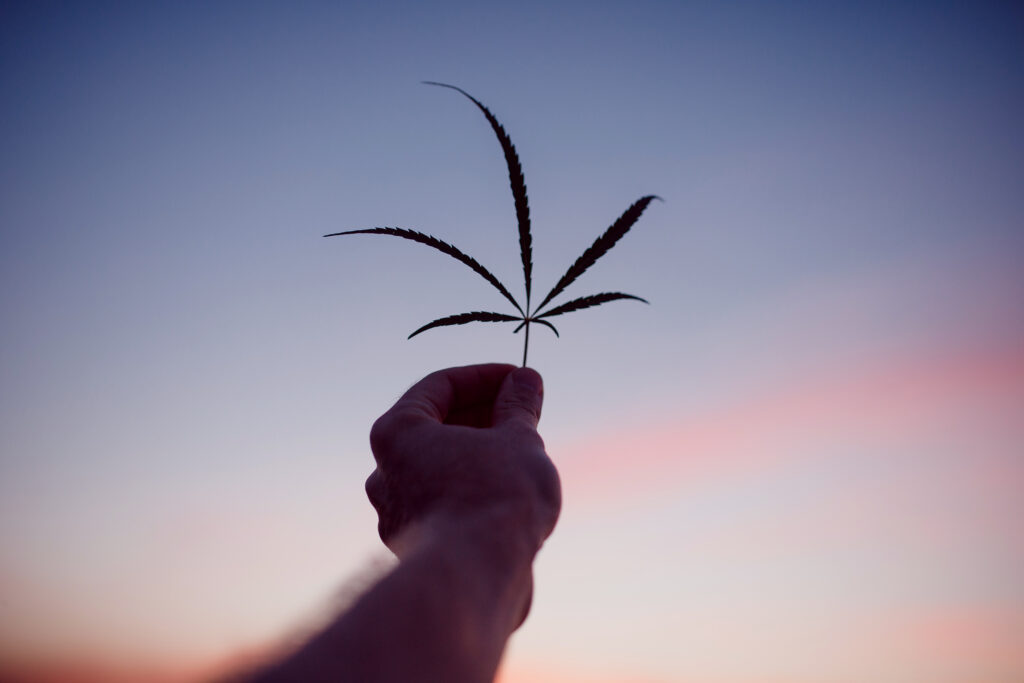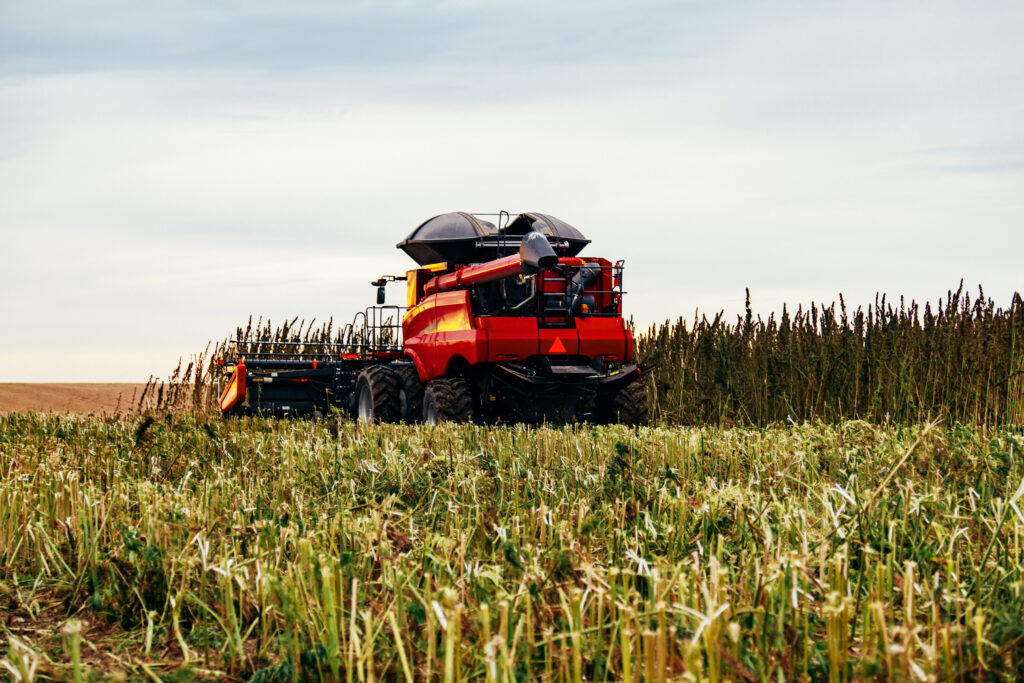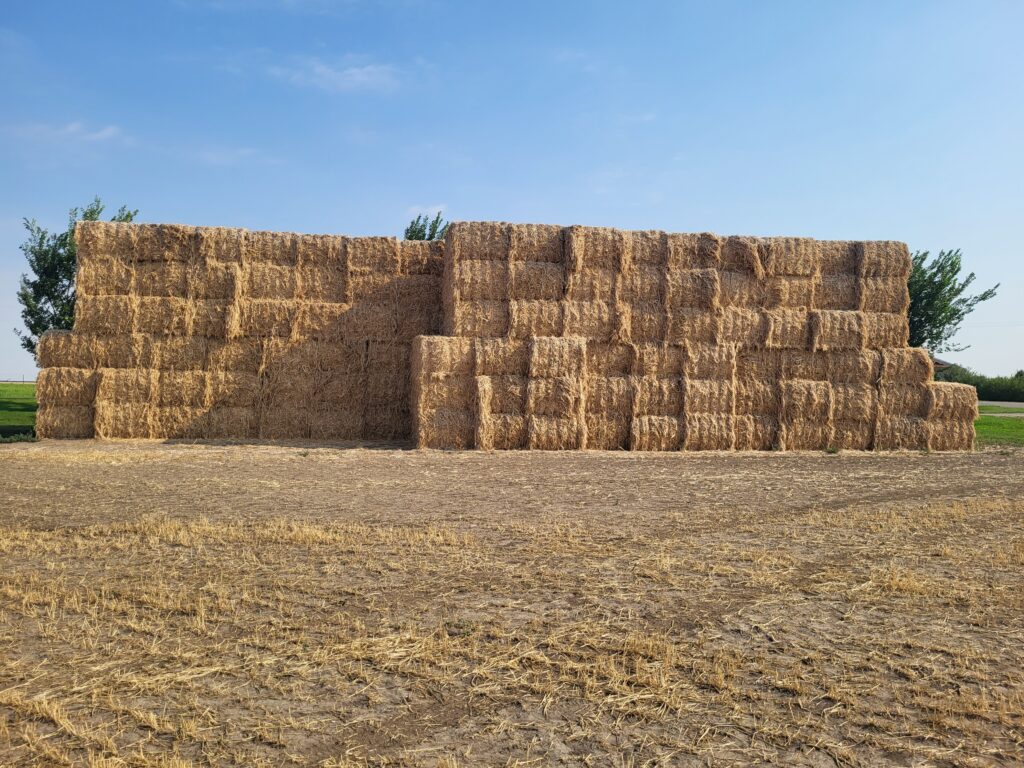WHY HEMP?
At a time when industries are seeking cleaner, greener, and more sustainable alternatives, hemp stands out as one of the most promising raw materials of the future. Resilient, fast-growing, and incredibly versatile, industrial hemp offers powerful solutions across agriculture, manufacturing, and construction. It’s not just a crop—it’s a catalyst for innovation in bio-based products, regenerative practices, and climate-conscious development.
At JC Hemp Solutions, we believe hemp is the foundation for a new kind of economy—one that’s circular, regional, and rooted in sustainability. From soil restoration to high-performance materials, hemp offers unmatched potential to reduce waste, lower emissions, and deliver long-term value across industries.
Renewable & Regenerative
Hemp grows quickly—often reaching maturity in just 90 to 120 days—and requires significantly less water, land, and chemical input compared to traditional crops like cotton or corn. Even better, hemp naturally improves soil health through phytoremediation, breaking up compacted soils and removing toxins, while leaving the soil more fertile for future planting. It’s one of the few crops that gives back more than it takes.


Carbon-Sequestering Power
Industrial hemp is a climate-smart crop. Hemp captures more CO₂ per acre than most crops. When processed into bio-based materials, the carbon remains stored in long-lasting products—making hemp a key tool in carbon-negative manufacturing and climate change mitigation.
High-Performance Material
Hemp is more than eco-friendly—it’s a high-performance, whole-plant solution. With the right technology, every part of the hemp stalk holds industrial value. Bast fiber offers exceptional tensile strength, making it ideal for textiles, insulation, composites, and mat-based construction. The inner hurd is lightweight and highly absorbent, perfect for animal bedding, sustainable packaging, and building materials.


Driving the Bio-Based, Circular Economy
With growing demand for biodegradable, locally sourced alternatives to petroleum-based products, hemp is uniquely positioned to meet the moment. It supports sustainable development in sectors from construction and automotive to agriculture and consumer goods. Hemp isn’t just sustainable—it’s scalable, and it’s ready to power the next generation of regenerative industries.
